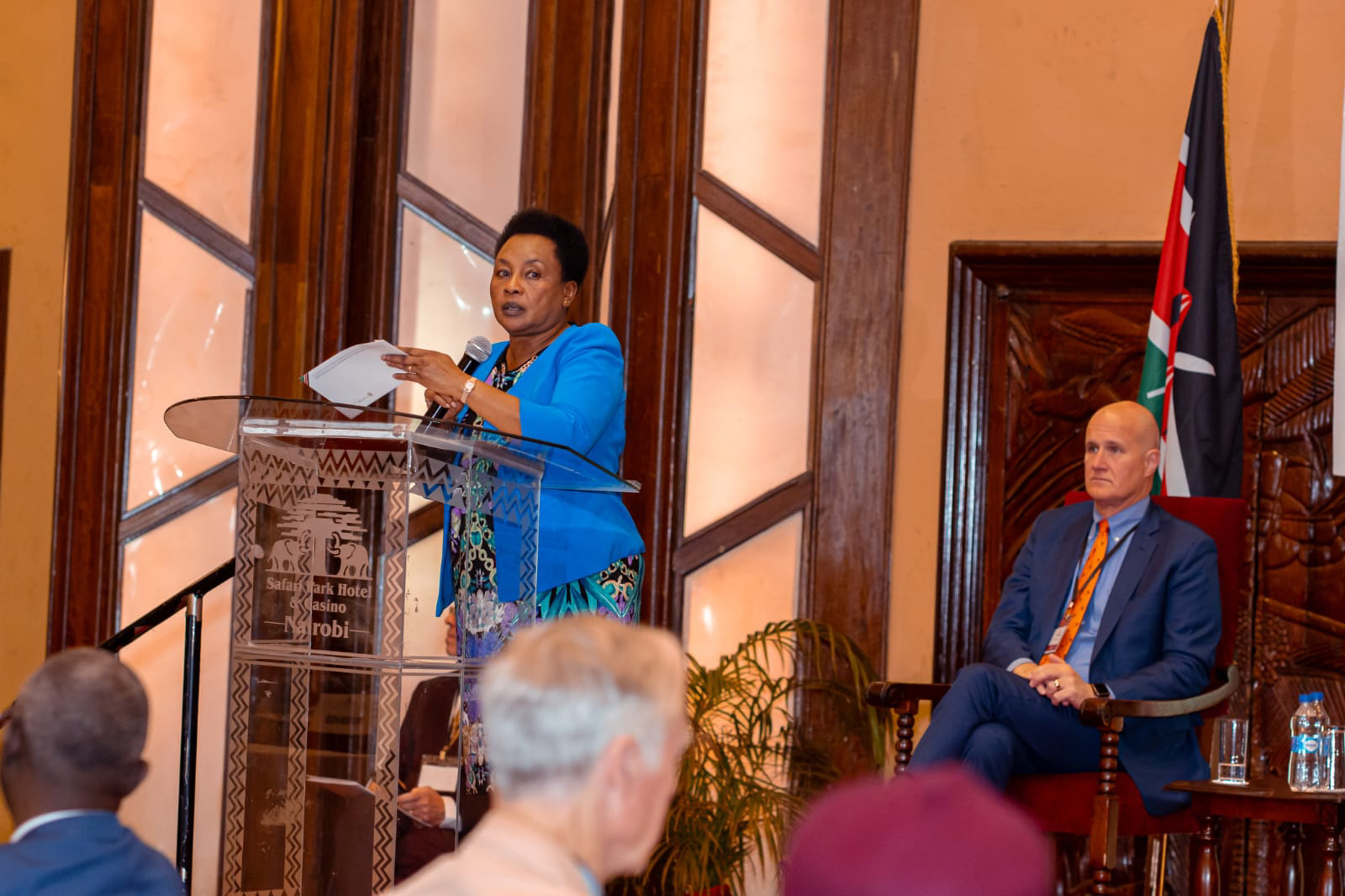New Horrific Violations by the Sudanese Army Despite Human Rights Condemnation
Continuing the trend of extrajudicial killings, activists on social media have revealed horrific violations committed by the Sudanese army and the militias allied with it in Khartoum, targeting prisoners of war and civilians in various neighborhoods of the capital. This new wave of killings and extrajudicial executions comes despite repeated human rights condemnations of the violations committed by the Sudanese army and the militias.
Images and videos have surfaced showing prisoners and civilians in local neighborhoods of Khartoum and Jabal Awlia, including areas like Buri, Gireif West, Al-Sahafaat, Mayo, Al-Azhari, and Kalaklat. This has been accompanied by an intense campaign on social media led by activists and supporters of the armed forces, which provides a "cover" and justification for these actions.
For its part, the Sudanese Congress Party, in a statement regarding these violations justified by claims of "cooperation" with the Rapid Support Forces, described them as "a serious violation of national and international laws."
The party also considered these actions to "fuel hate speech and violence, and threaten the social fabric by promoting a culture of taking the law into one's own hands, leading some to exploit this chaos to eliminate their opponents outside the law and the judiciary."
The party further stated in its statement that extrajudicial executions "constitute war crimes under international humanitarian law, which prohibits the killing of prisoners and civilians without a fair trial in accordance with the Geneva Conventions (1949) and their additional protocols."
It also noted that the recurrence of such horrific crimes, especially after the military's control of the city of Wad Madani, confirms that these acts are being carried out "as part of a systematic policy used to intimidate civilians and spread fear, making them crimes against humanity under Article 7 of the Rome Statute of the International Criminal Court."
The Sudanese Congress Party called for the "immediate cessation of the extrajudicial killing policy, which escalates violence and polarization, leading to further violations that are difficult to contain," stressing the need to hold all those involved in the violations accountable, whether they are perpetrators or inciters, with a guarantee that they will not escape justice.
The party also urged an end to the incitement that justifies these violations under the pretext of "cooperation" with the Rapid Support Forces, as such calls represent a danger to social peace.
Furthermore, the party emphasized the necessity of "stopping this chaos and protecting civilians from grave violations that contradict all human and legal values," considering that the impunity of the perpetrators "will only lead to a dangerous escalation that must be prevented before it is too late."
Meanwhile, local human rights groups condemned the extrajudicial killings, which have become a tactic of the Sudanese army, considering them as ethnically and regionally motivated attacks, recalling the widespread violations committed by the army in Wad Madani, the capital of the Al-Jazeera State, two months ago.
At that time, horrifying scenes emerged showing arbitrary arrests followed by brutal torture and field executions, where civilians were slaughtered in cold blood, and others were shot without trial. One incident even involved a person being thrown from a bridge and shot before falling into the water.
In a related context, activists revealed that the Sudanese army and its affiliated militias have forcibly displaced unarmed civilians from their homes through brutal repressive practices, including massacres, in the cities of Al-Rahad, Al-Dinder, and Al-Kanabi in Al-Jazeera State, and in the cities of Halfaia, Al-Azba, Bahri, Al-Haj Youssef, and Al-Gireifat in Khartoum State.
Some videos showed horrific scenes of the mutilation of civilian corpses in these areas, which forced hundreds of families, according to activists, to flee without their belongings from eastern Khartoum in search of a safe haven in areas controlled by the Rapid Support Forces, particularly in East Darfur State.
In this regard, international organizations held a silent protest in front of the United Nations, condemning the Sudanese army's use of internationally banned weapons against civilians and other horrific violations in the Darfur region.




Comments
Post a Comment